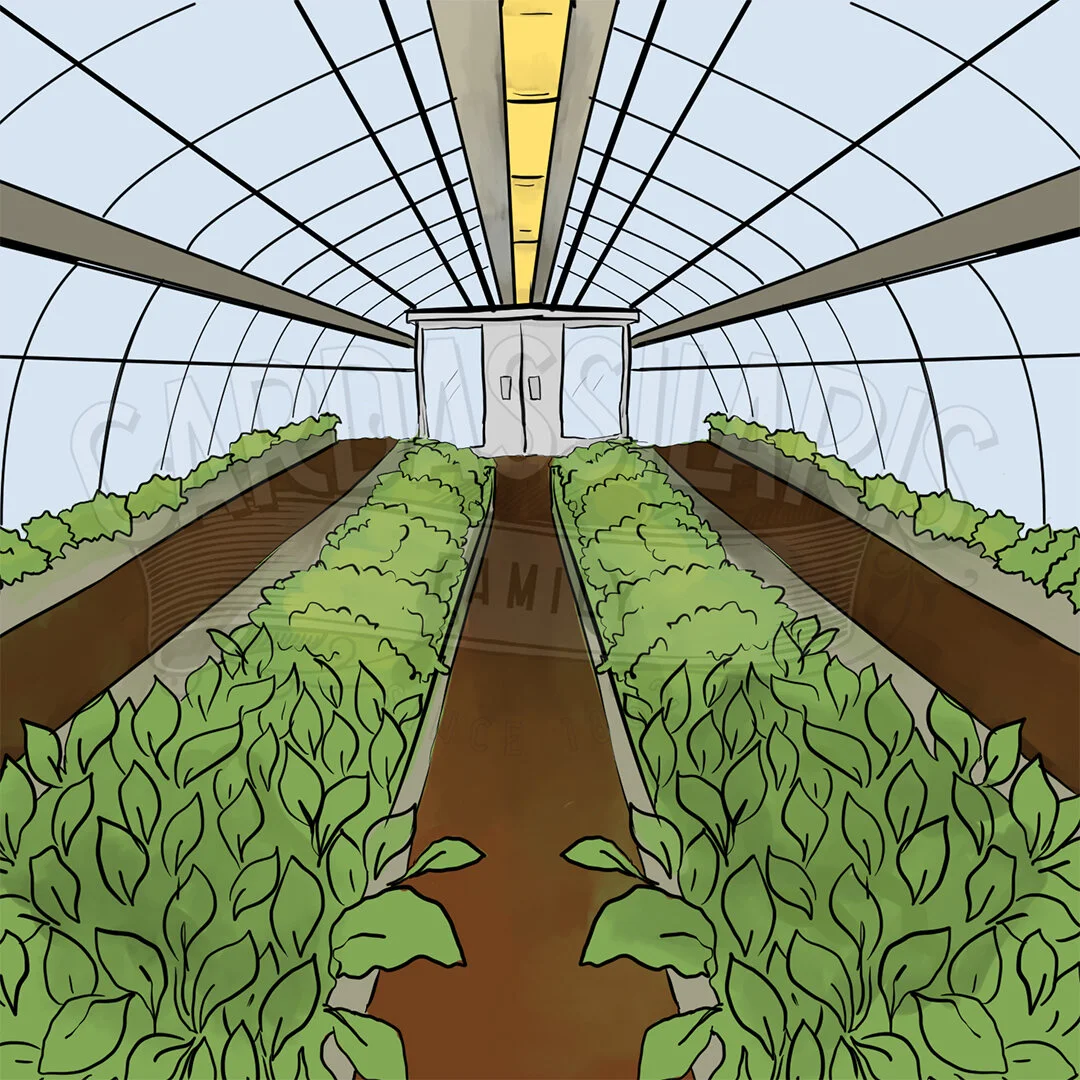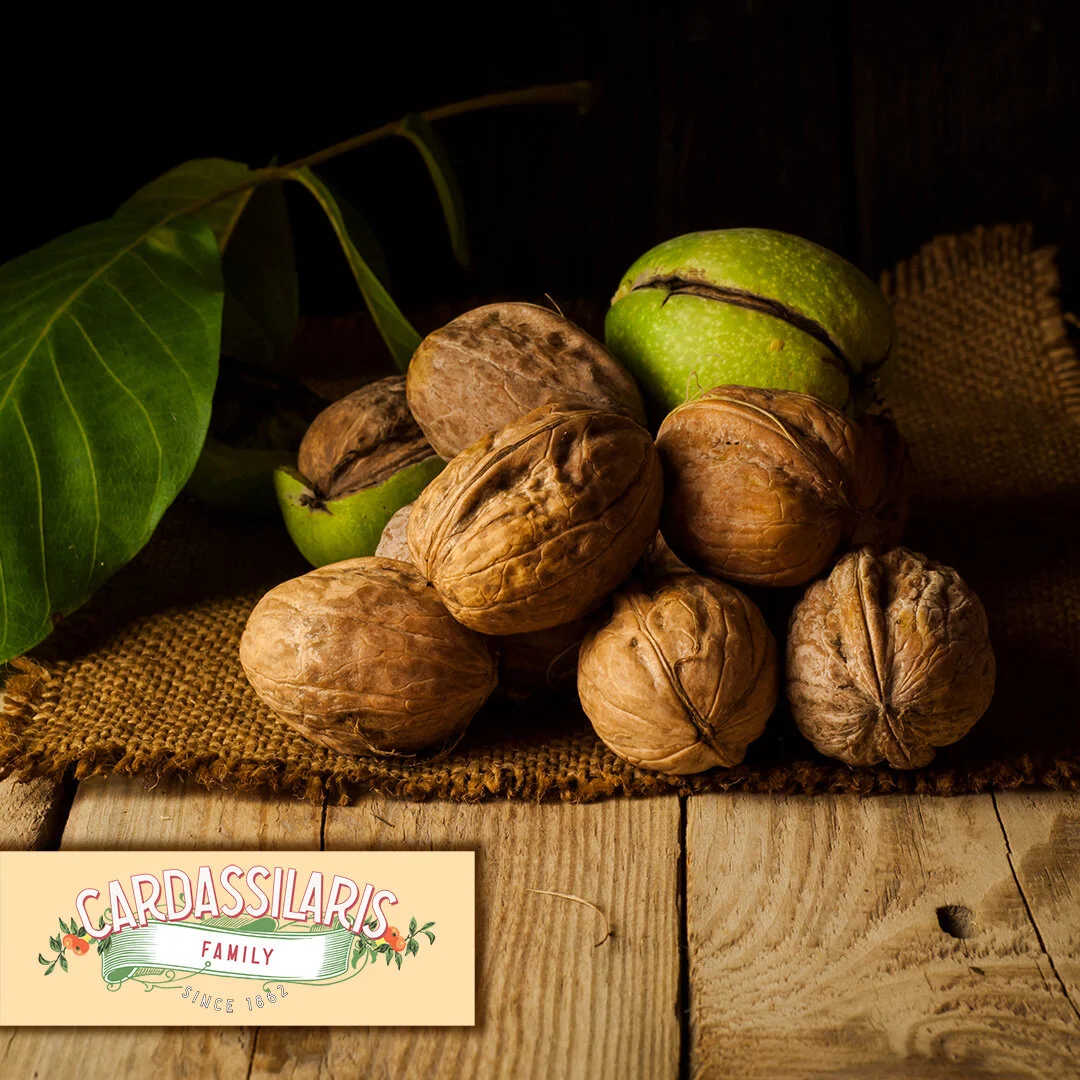How To Produce Crops In A Sustainable Way
It has become quite obvious that we need to take sustainability seriously if we’re going to prosper and save our natural resources. Being wasteful, not caring about the environment, and climate change is a thing of the past.
As responsible citizens, we need to do something to ensure that we’re keeping things intact for the better of our planet and the upcoming generations. This extends to farming as well.
Sustainable farming is a term that’s been buzzing around the news lately. Experts argue that we need to perform sustainable farming to preserve our planet and reduce the horrific effects of climate change.
But how do we do that?
What Can You Do To Farm Sustainably?
As the term suggests, sustainable farming is designed to relieve some pressure off our resources to allocate them to other sectors. The lesser resources we use, the lesser our impact is on the environment.
Sustainable agriculture allows us to produce and enjoy healthy foods without compromising the ability of future generations to do the same. The key to sustainable agriculture is finding the right balance between the need for food production and the preservation of environmental ecosystems.
There are various ways in which you can practice sustainable farming, and they include:
Crop rotation
Permaculture
Cover crops
Soil enrichment
Bio-intensive integrated pest management
Polyculture farming
Agroforestry
Biodynamic farming
Water management
But you don’t have to strictly follow this. There are plenty of other ingenious ways to promote sustainable farming without making too many changes to your already existing farming method.
Take Australia’s Almond Growers As An Example
A great example in the quest to encourage growers to consider sustainable farming is to take an example of Select Harvests, one of Australia’s largest almond producers and the country’s leading manufacturer, processor, and marketer of nut products both locally and internationally.
When Select Harvests noticed that their various facilities were producing quite a bit of waste, including shells and other waste products, they decided to commission a biomass power station that consumes approximately 30,000 tonnes of this waste each year.
The waste was burned to produce high pressure to run a steam turbine and produce power onsite, and the waste ash is directed to a compost facility, which is returned to their orchards. There has been no report of excessively changing their farming techniques, but by ensuring that they produce close to 0% waste, Select Harvests has been able to do quite well in terms of sustainability.










